当前位置:网站首页>Chapter 5 C programming expert thinking 5.4 alert Interpositioning of links
Chapter 5 C programming expert thinking 5.4 alert Interpositioning of links
2022-08-04 04:45:00 【weixin_Guest time】
Interpositioning (some people call it "interposing") replaces the behavior of a library function by writing a function with the same name as the library function.Not only will all calls to this library function that you make yourself will be replaced by your own version of the function call, but all system calls that call the library function will also be replaced by your function.Interpositioning itself is not a bug, it is explicitly required by the compiler to support it.
Do not make any symbols in a program global unless they are intended to be one of the program's interfaces.
mktemp has now been replaced by the ANSI C standard library function tmpname.
The listed identifiers should not appear in the declarations of their own programs.Some of these identifiers are always reserved, others are only reserved if a specific header file is included.Some identifiers are reserved only at the global scope, others are reserved both at the global scope and at the file scope.Also note that all keywords are reserved.The easiest way to avoid trouble is to think that these identifiers are always owned by the system and not use them as their own.
Several items look like this: is[a-z]anything
This means anything starting with "is" followed by a lowercase letter from a to z (but not including things like numbers),Then follow any character.
A few more items look like this: acos, -f, -l.
It means that the 3 identifiers acos, acosf, acosl are reserved.All functions located in the math header file have a basic version that accepts a double argument.There may be two additional versions there: the base name with the suffix l means that the function accepts a long double parameter: the base name with the suffix f means the function accepts a float parameter.
Section 6.1.2 of the ANSI C standard specifies that for external identifiers, the compiler can define itself to make them case-insensitive.At the same time, the first 6 characters of external identifiers must be different from other identifiers (ANSI C standard section 5.2.4.1, "Compile restrictions").There are also some symbols to avoid for other libraries that are linked.You should check the ABI documentation to see which identifiers to avoid.
If the identifier is reserved, it means that the user cannot redefine it.However, this is not a constraint.When this happens, it doesn't ask the compiler to give an error message.It just caused some non-portability issues or undefined behavior.
You can use the -m option in the ld program to have the compiler generate a report.It contains a description of the symbols being Interposed.Normally, ld with the -m option produces a memory map or list showing where those symbols are placed in the executable.It shows multiple instances of the same symbol at the same time, and by looking at the contents of the report, the user can tell if Interpositioning has occurred.
The -D option in the ld program was introduced with SunOS 5.3 to provide better link-edit debugging.This option allows the user to display the link-edit process and the included input files.This option is especially useful if you need to monitor the process of extracting objects from the archive.It can also be used to display runtime binding information.
Description of ld complex program:
* Use the ldd command to list the dynamic set of dependencies of an executable.This command will tell you the function library required by the dynamically linked program
*The -Dhelp option of the ld program can provide some information to help find problems during the linking process:
*View the online of the ld programDocumentation;
*Read SunOs Linker and Libraries Manual
边栏推荐
- 如何动态添加script依赖的脚本
- SQL interview Questions
- 深度学习21天——卷积神经网络(CNN):实现mnist手写数字识别(第1天)
- 有趣的 Kotlin 0x0E:DeepRecursiveFunction
- JVM的内存模型简介
- This Thursday evening at 19:00, the fourth live broadcast of knowledge empowerment丨The realization of equipment control of OpenHarmony smart home project
- 详解八大排序
- 深度学习21天——准备(环境配置)
- 【机器学习】21天挑战赛学习笔记(一)
- 7-1 LVS+NAT load balancing cluster, NAT mode deployment
猜你喜欢

文件内容的操作
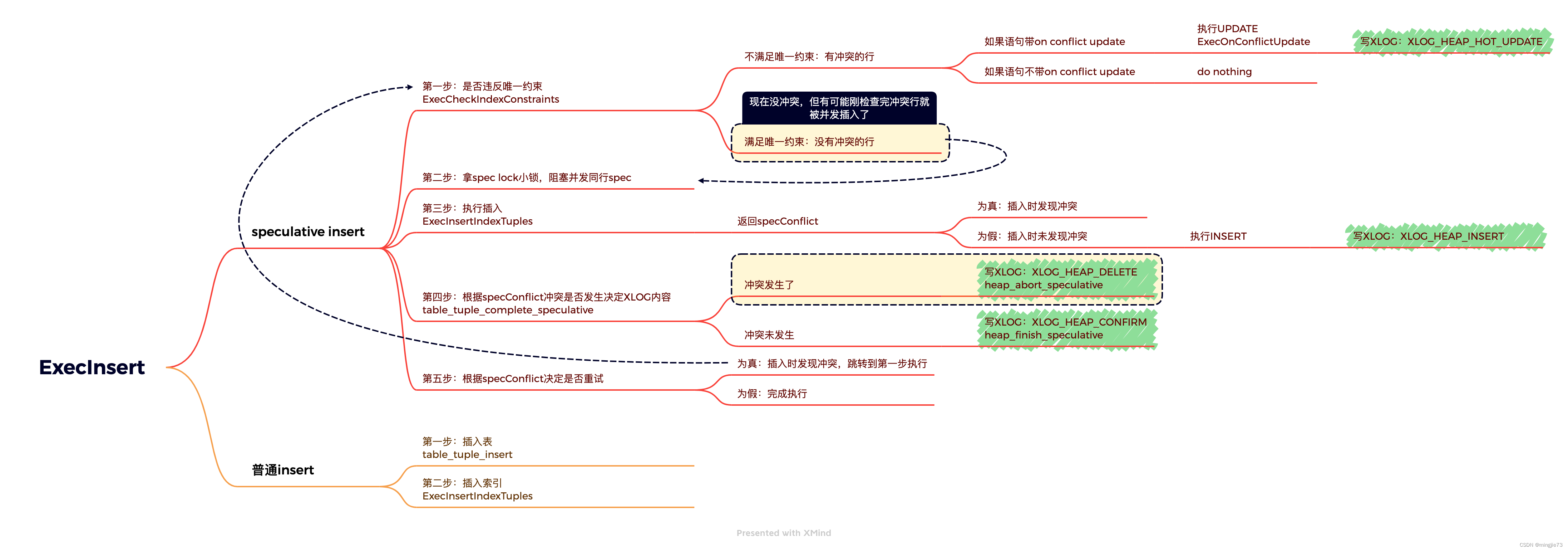
Postgresql source code (66) insert on conflict grammar introduction and kernel execution process analysis

Deep learning -- CNN clothing image classification, for example, discussed how to evaluate neural network model
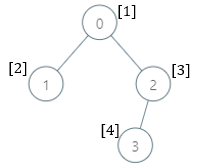
2003. 每棵子树内缺失的最小基因值 DFS
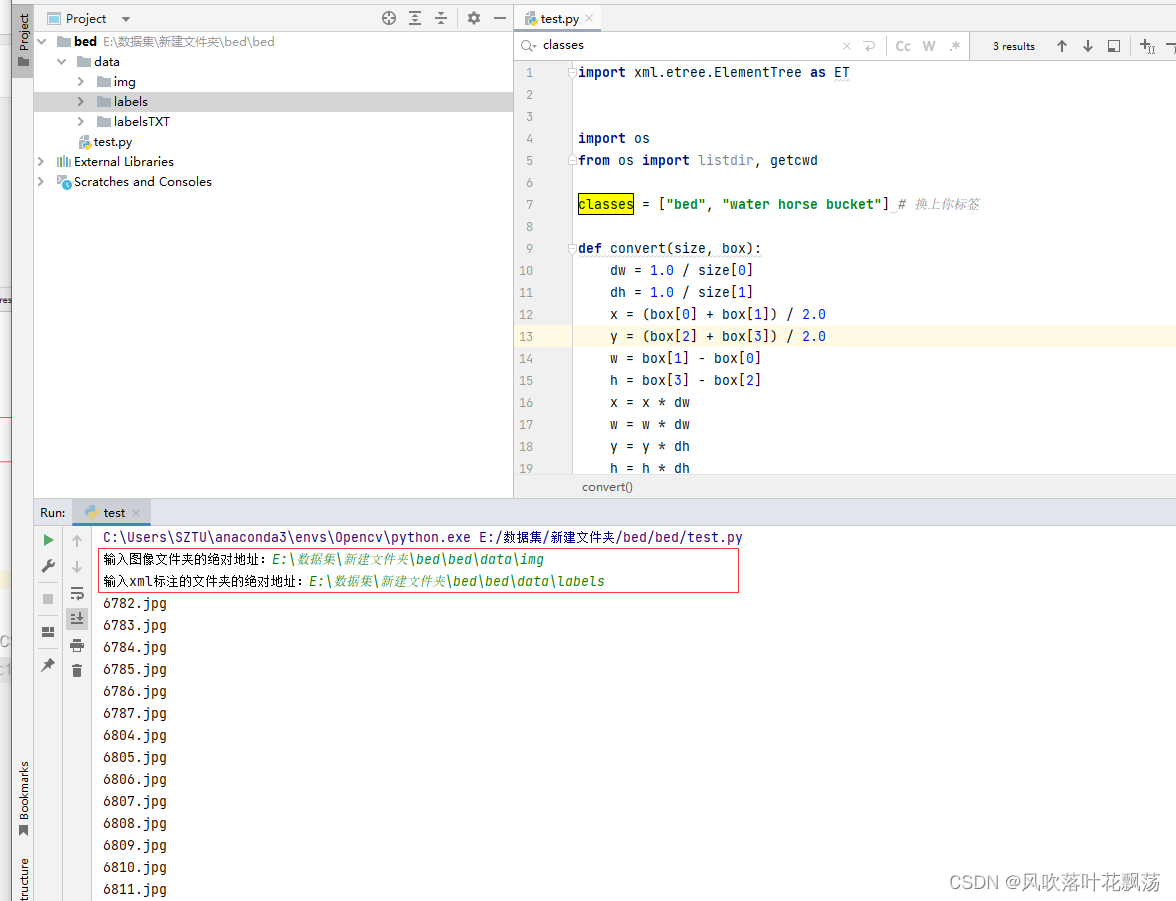
将xml标签转换为txt(voc格式转换为yolo方便进行训练)

A Preliminary Study of RSS Subscription to WeChat Official Account-feed43
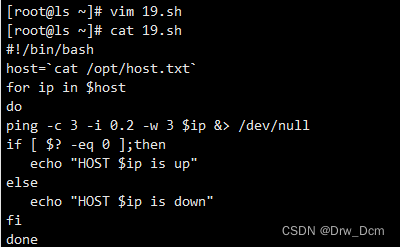
if,case,for,while

Basic characteristics of TL431 and oscillator circuit

System design. Seckill system
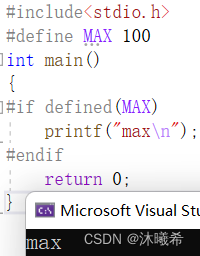
【C语言进阶】程序环境和预处理
随机推荐
3000字,一文带你搞懂机器学习!
How to simplify the automation of modern e-procurement?
Senior PHP development case (1) : use MYSQL statement across the table query cannot export all records of the solution
Learn iframes and use them to solve cross-domain problems
ADC噪声全面分析 -03- 利用噪声分析进行实际设计
8. Haproxy builds a web cluster
C专家编程 第4章 令人震惊的事实:数组和指针并不相同 4.4 使声明与定义相匹配
杭电多校-Slipper-(树图转化+虚点建图)
技术解析|如何将 Pulsar 数据快速且无缝接入 Apache Doris
劝退背后。
C专家编程 第5章 对链接的思考 5.4 警惕Interpositioning
7-3 LVS+Keepalived集群叙述与部署
【流程图】
How to dynamically add script dependent scripts
类如何只能静态分配和只能动态分配
7.LVS负载均衡群集之原理叙述
7-3 LVS+Keepalived Cluster Description and Deployment
结构体函数练习
XSS related knowledge points
centos 安装postgresql13 指定版本